38 private labels vs brands
Private Label vs. Branded Products: Pros and Cons | Sourcify When you purchase your products from a manufacturer and then put your logo on them before you sell, you have a private label. Doing business this way can lower product unit costs and lead to higher profit margins. Another great upside of using a manufacturer is that you can determine the quality and exact specifications of your products. Private Label vs. National Brands | Blacksmith Applications Private labels made up 16% of the market before the pandemic (up 2 percentage points since 2014), according to IRI. And, since the start of the pandemic in the US, private-label sales grew 29%, outpacing regular-branded product sales (which grew by 24%), according to Nielsen. Read "Battle of the Brands" article in Issue 3 of Smoke Jumpers Magazine.
Private label - Wikipedia A private label, also called a private brand or private-label brand, is a brand owned by a company, offered by that company alongside and competing with brands from other businesses. [1] [2] A private-label brand is almost always offered exclusively by the firm that owns it, although in rare instances the brand is licensed to another company. [3]
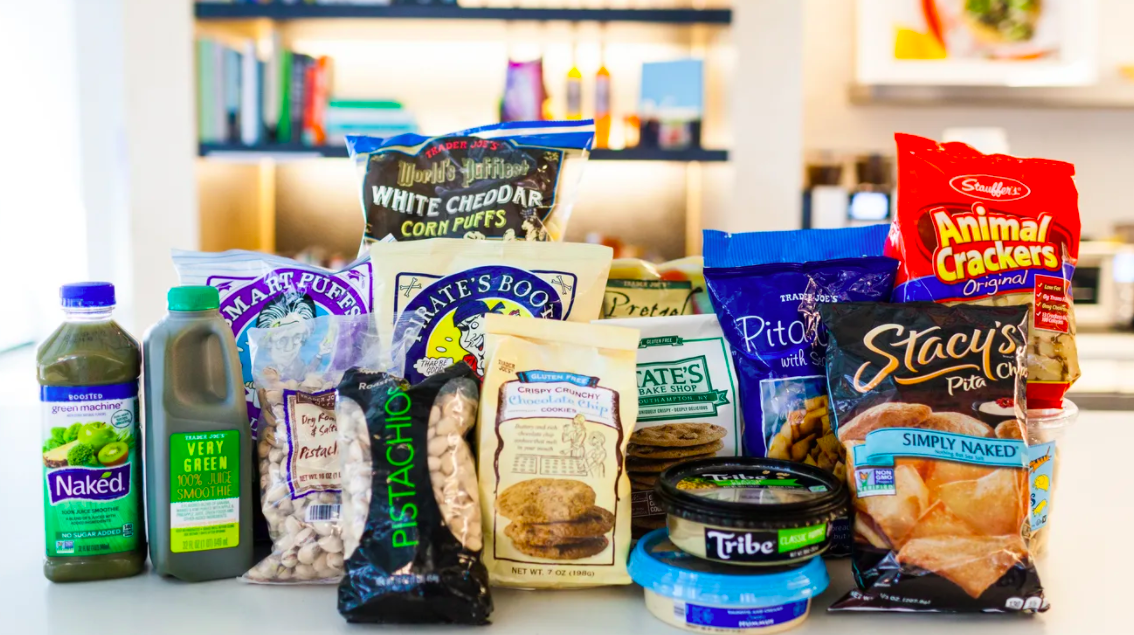
Private labels vs brands
Private label brands - Economics Help 18 December 2014 by Tejvan Pettinger. Private label brands (or own brand labels) are products sold by a retailer with its own packing, but manufactured by a third party. For example, Tesco sell ordinary branded items, such as Heinz baked beans, but also sell their own 'Tesco Value' baked beans. Tesco will license a manufacturer to produce ... Private Label vs. National Brands | Catalina PETERSBURG, FL, Jan. 26, 2021 - While the number of new product introductions has fallen during the first two years of the pandemic -- with private brands introducing nearly 34% fewer products in 2020 and 54% fewer products in 2021— new national CPG Brands dropped substantially more—down 46% and 65% respectively—compared to 2019. Dropshipping vs. Private Label: Which Should You Choose? - Oberlo Both options allow you to put your company branding on the products, but there is a distinction between the two labels. As a private label dropshipper, you hold the exclusive right to sell the items you source from a manufacturer. This exclusivity allows you to make changes to the design, color, parts, or size of the products.
Private labels vs brands. Name Brands vs. Private Label Brands: How to Choose? Private label brands are no longer just low cost alternatives to name brands; they are high quality products that can be used to help people with their needs. If you want to start your own private label business, you should consider the following before you start: Research the product you want to sell. - Check the product demand, competition ... Private Label Your Brands T Shirts Hoodies And Hats ... - Apliiq Annual Savings Vs.Other Branding Methods* 10 private labeled products: 120 products: Over $180 Saved: 25 private labeled products: 300 products: Over $460 Saved: 50 private labeled products: 600 products: Over $900 Saved: 100 private labeled products: 1,200 products: Over $1,900 Saved: 250 private labeled products: 3,000 products: Over $5,000 ... Private Label vs. Consumer Brand: The Competition for Shelf Space Private Label vs. Consumer Brand: The Competition for Shelf Space will explore the changing dynamics and challenges of traditional consumer brands as they face off against private label to win the wallet and minds of organic consumers, as part of the second announced educational session at Organic Produce Summit 2022. What is Private Label Branding: A Beginner's Guide Private label allows you to outsource the manufacturing of products to a company then purchase the rights for selling them. You may have purchased private label products before in supermarkets. Private label brands make up 15% of supermarket sales. And while it seems like a small figure, there is foreseeable growth to niche private label brands.
White Label vs Private Label - What's the Difference? - THAT! Company In a private label relationship, the buyer specifies the design, parts, ingredients, or offerings. In a white label relationship, while the provider or manufacturer may offer a range of customizations to fit specific needs, they specify the design, parts, ingredients, or offerings. Sound confusing, it's not. Private Label : Definition, Example, Pros & Cons | Retail Dogma Private label is a concept in retailing, where a retailer contracts a third-party manufacturer to manufacture their products under certain specifications, and under a brand name that belongs to the retailer. A lot of retailers who sell multi-branded products in their store sometimes opt to private label part of their product offering to realize ... Private Label (Generic) vs. Branded Products: Differences Aren't Black ... The Private Label Manufacturers Association performed a pricing study that compared a basket of brand name products to a basket of private label products. The result was a 35% savings (See Exhibit 3). Prices shown are averages based on weekly shopping trips conducted over 6-week period from 6/17-7/23. Private Label Products Vs Name Brand Products Private labels on products has surpassed $143 billion in sales over the past year. This is an increase in $14 billion since 2015, according to Nielsen's Total Consumer Report. The rise in sales of private label products is obvious, consumers have become "much more willing to splurge on store brands than they would for name brands” according to Nielsen.
Pro Posts – Billboard Total on-demand streams week over week Number of audio and video on-demand streams for the week ending October 13. Private Label Brands 2022 - Insider Intelligence KEY STAT: US consumers have recently switched to—and stuck with—private label brands across a variety of product categories, from consumer packaged goods to apparel. Here's what's in the full report 1 file Exportable files for easy reading, analysis and sharing. 4 charts Reliable data in simple displays for presentations and quick decision making. U.S. private label market - statistics & facts | Statista Aug 19, 2022 · Overall, national brands of both edible and non-edible products experienced a higher percentage change in dollar sales than their private label counterparts over the same period. Consumer trends Understanding the Value of Private Label Store Brands - Reasons to Buy Reasons to Buy Private Label Brands. According to TIME, most consumers "have gotten clued in to the fact that many generic store-brand foods are actually made by the same companies that produce the higher-priced name-brand stuff," which "come out of the same factories with the same ingredients…with the only difference being the label."The author goes on to say that the result of ...
Brands vs Private Labels — Stone Candles Since private-label products do not necessarily have a "name" or brand, they are significantly cheaper than branded products. Aside from that, most private label products also have a wider variety to cater to a much bigger market. And although private label brands used to have lower quality in the past, it has remarkably improved over the ...
The Pros and Cons of Going 'Private Label' vs. Selling ... - Sourcify Private Label: Cons. In the words of Warren Buffett, "It takes 20 years to build a reputation and five minutes to ruin it.". It takes a lot of time and energy to create a brand name that resonates with consumers. If at any point your logo, packaging or product isn't top-notch, the reputation you've worked so hard to create can be harmed ...
Private Label vs Co Branded Credit Cards: What Is The Difference? A Co-branded credit card is a credit card that a retailer issues within a specific network. Unlike a private label credit card that can only be used by one retailer consumer, you can use the co-branded credit card at any location as long as they're within the network of affiliates. Therefore, users can use the co-branded credit card to earn ...
Brands Versus Private Labels: Fighting to Win - Harvard Business Review In fact, a 1994 DDB Needham survey indicates that 60 % of consumers still agree that they prefer the comfort, security, and value of a national brand over a private label. Although this...
Private Label vs Branded Products: 6 Insights You Can Use - TraQline Consistent branding and well-thought-out marketing are what underlie branded success - and will, therefore, be central for private label brands as well. TraQline helps you inform your marketing strategy with consumer insights, behaviors, and trends. This customer insight will help you build your brand and reach your target market.
What is the difference between private label brands and in ... - Quora This approach offers several advantages to businesses including increased brand awareness, reduced marketing costs, and increased customer loyalty. Here are five of the most common reasons private label brands excel: 1. Increased Brand Awareness When a product is privately labeled, it is easier for customers to recognize the brand name.
Reuters | Breaking International News & Views Oct 28, 2008 · Find latest news from every corner of the globe at Reuters.com, your online source for breaking international news coverage.
Brands versus private labels: Fighting to win | Bain & Company On one hand, manufacturers are right to be concerned: There are more private labels - "store-brand" goods - on the market than ever before. Collectively, private labels in the United States command higher unit shares than the strongest national brand in 77 of 250 supermarket product categories.
Private Label VS Brands: How To Make The Most Of Both Whilst a brand might have a more premium, aspirational appeal, it leaves room for lower and medium priced, quality own label brands to sit just below them on the pricing ladder. 4. Less is more The key thing here is not to clutter and confuse the category with too many brands and own label products.
White Label vs Private Label | What Is Private Label? - BlueCart Private label products are sold with no branding; branded goods are marketed via specific product characteristics. Private label companies profit by selling manufactured goods to other businesses; brands profit through their products' margin revenue.
Private Label vs. National Brands | Catalina Private Label vs. National Brands | Catalina Shopper Insight Private Brands Outpacing National Brands on New Products; Price Gap Decreases in 2021 Catalina looks at retailer Private Brands' new product strategy during the pandemic and compares it with Name Brands investment in key categories. Download More Shopper Insight Loading... Back To Top
What is Private Labeling? [Definition, Pros, Cons & More] - Ecommerce CEO The long-standing brand names have advantages over your private brand. You'll find them in a broader range of stores - whereas your private label lines will only be on your shelves. Plus, a national brand or intentional brand will always have a bigger marketing and promotion budget. Minimum Order Quantity (MOQ)
PPIC Statewide Survey: Californians and Their Government Oct 27, 2022 · Key Findings. California voters have now received their mail ballots, and the November 8 general election has entered its final stage. Amid rising prices and economic uncertainty—as well as deep partisan divisions over social and political issues—Californians are processing a great deal of information to help them choose state constitutional officers and state legislators and to make ...
Private Brand Definition - Investopedia Jul 08, 2019 · Private Brand: A brand placed on products that a large manufacturer has created for a smaller retailer. The smaller retailer places their own private brand label on the final good which was ...
White Label vs. Private Label: What's the Difference? When you have private labeled products, it means they are manufactured specifically for your brand. You can control every aspect and part of the product and how you market it to your targeted audience. Your business is in control. You have the ability to modify or create the product you envision. To help develop a unique brand for your business.
12 Pros and Cons of Private Label Brands - BrandonGaille.com Even when they are more expensive, the value proposition of the private label brand is usually better. 2. Many private label brands work together to establish a product mix. Customers today want choices. This means they want generic products that compete solely on price and they want premium products which compete on quality.
Dropshipping vs. Private Label: Which Should You Choose? - Oberlo Both options allow you to put your company branding on the products, but there is a distinction between the two labels. As a private label dropshipper, you hold the exclusive right to sell the items you source from a manufacturer. This exclusivity allows you to make changes to the design, color, parts, or size of the products.
Private Label vs. National Brands | Catalina PETERSBURG, FL, Jan. 26, 2021 - While the number of new product introductions has fallen during the first two years of the pandemic -- with private brands introducing nearly 34% fewer products in 2020 and 54% fewer products in 2021— new national CPG Brands dropped substantially more—down 46% and 65% respectively—compared to 2019.
Private label brands - Economics Help 18 December 2014 by Tejvan Pettinger. Private label brands (or own brand labels) are products sold by a retailer with its own packing, but manufactured by a third party. For example, Tesco sell ordinary branded items, such as Heinz baked beans, but also sell their own 'Tesco Value' baked beans. Tesco will license a manufacturer to produce ...

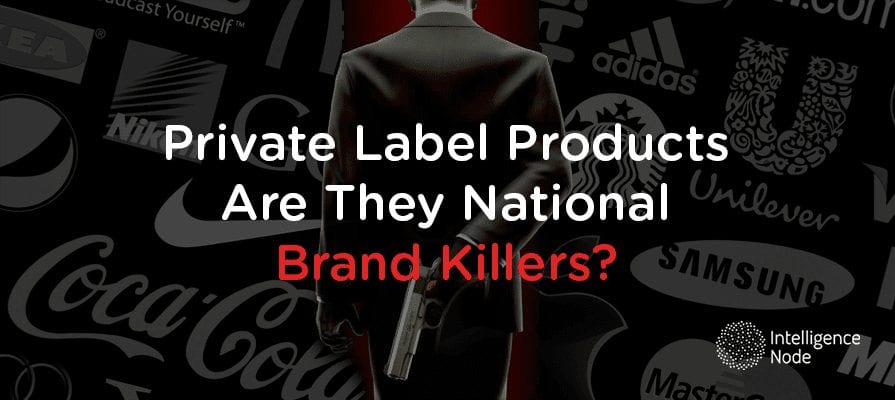
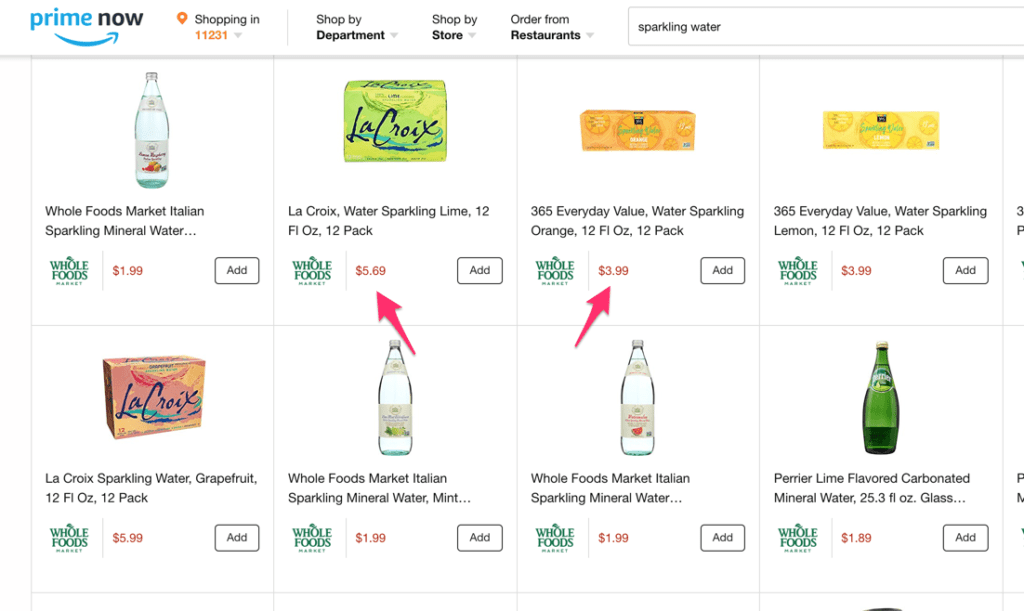
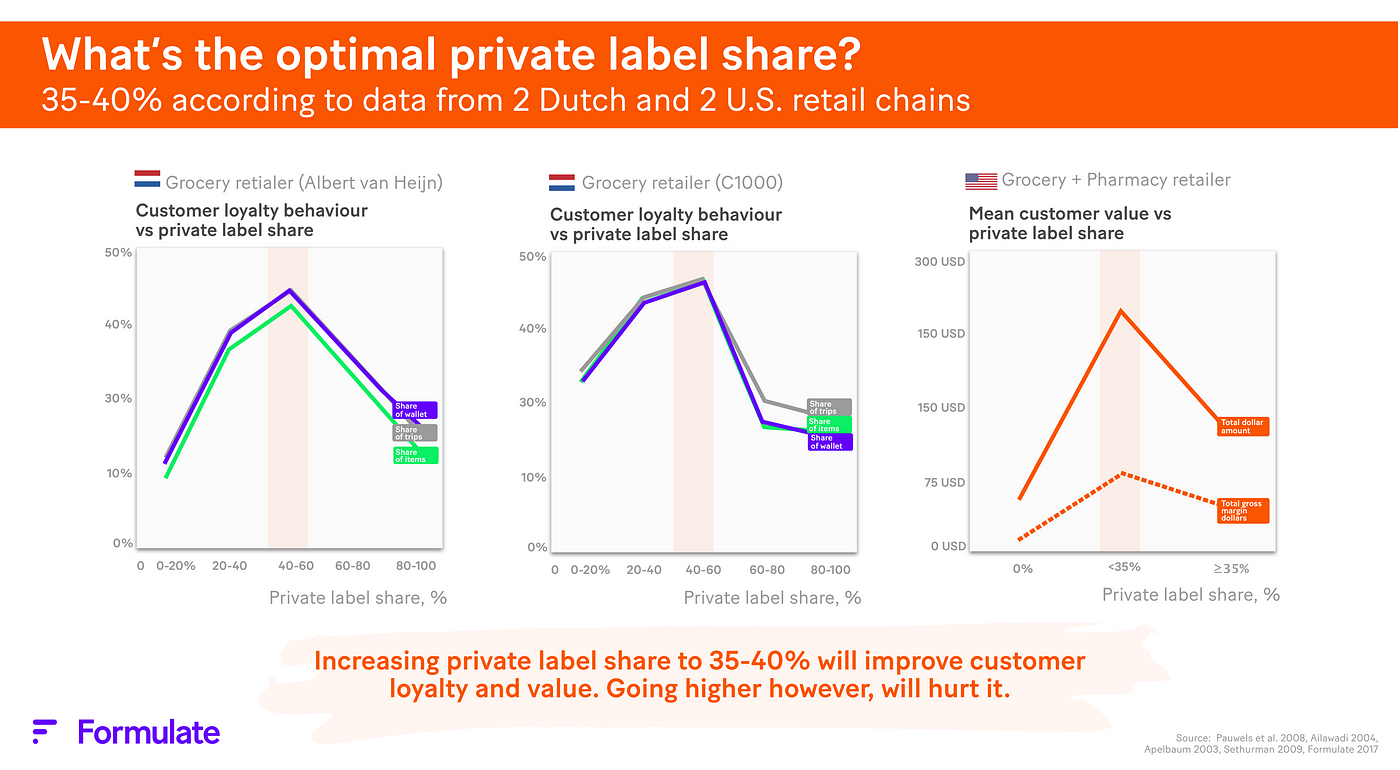
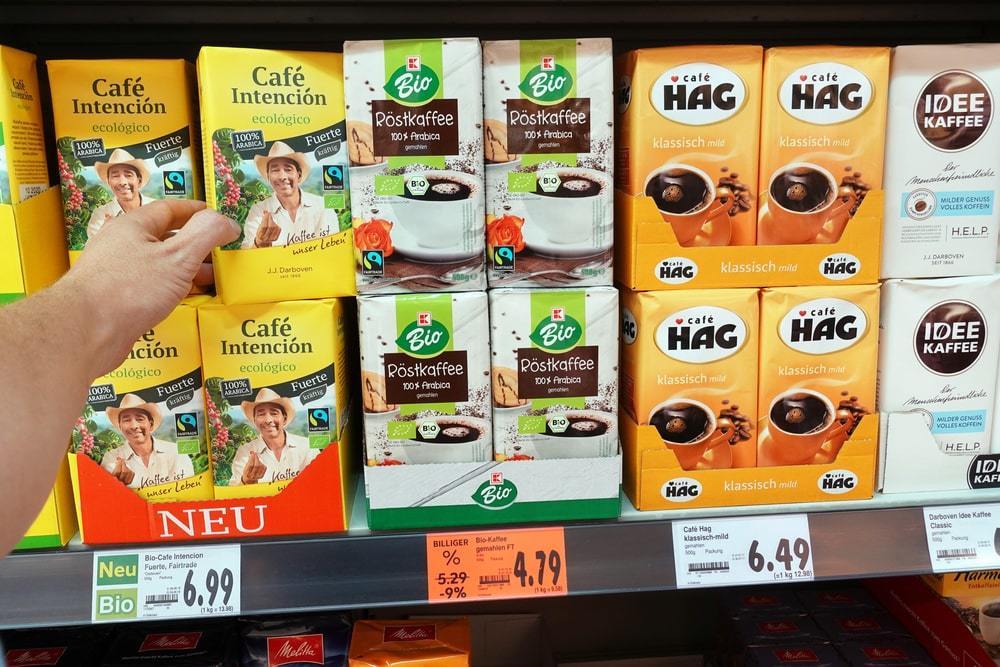
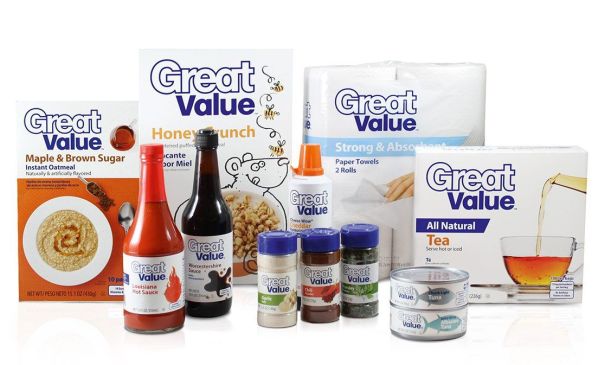
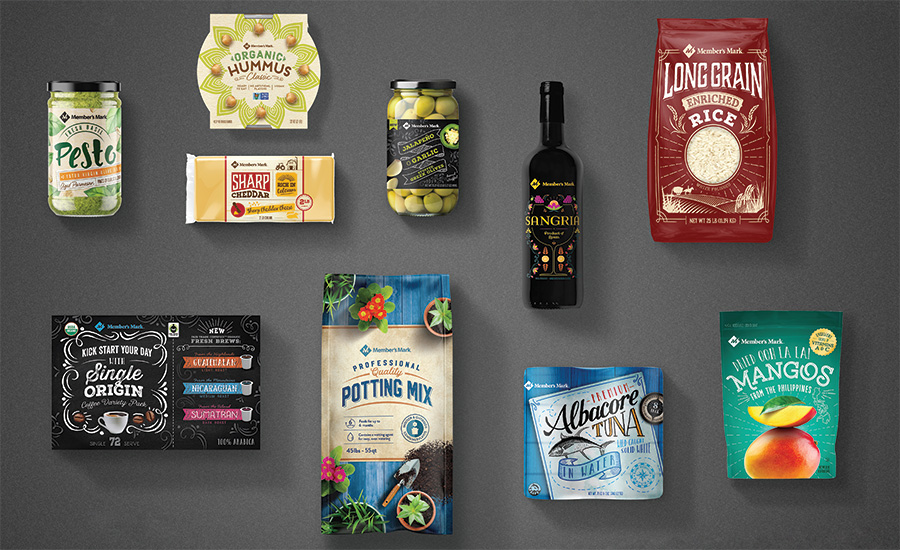




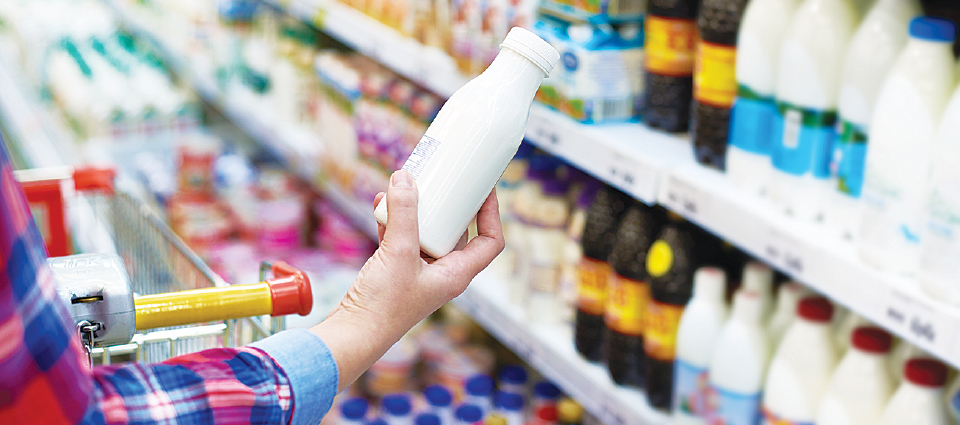


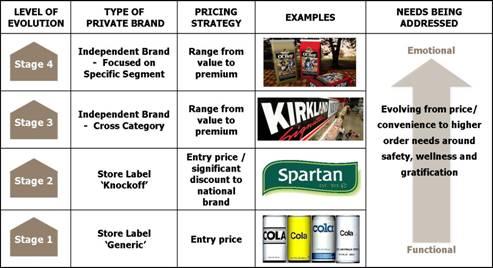


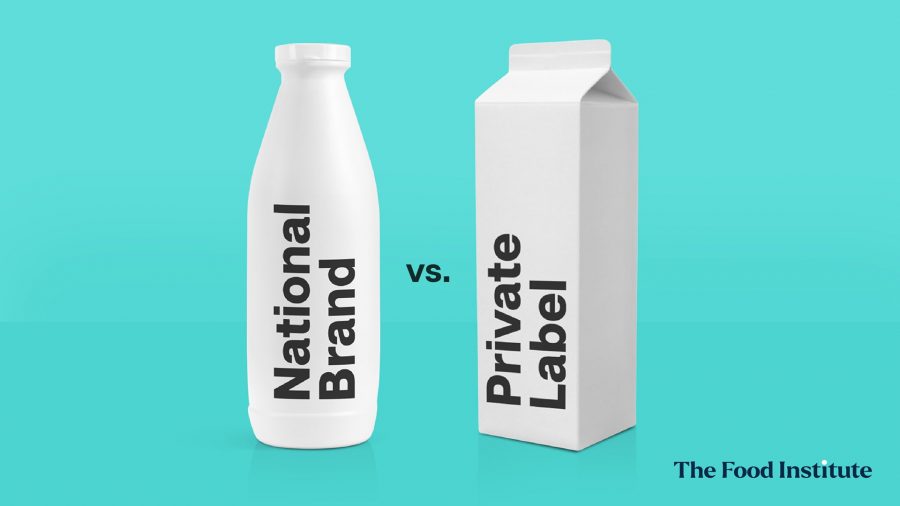
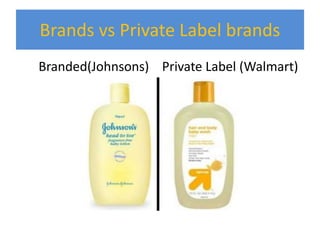
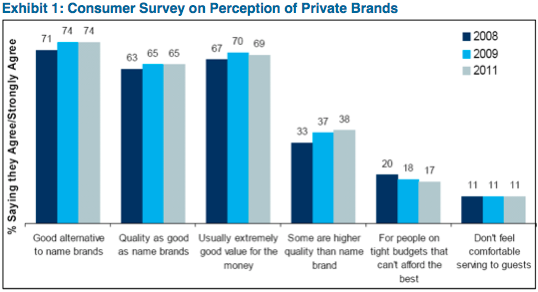
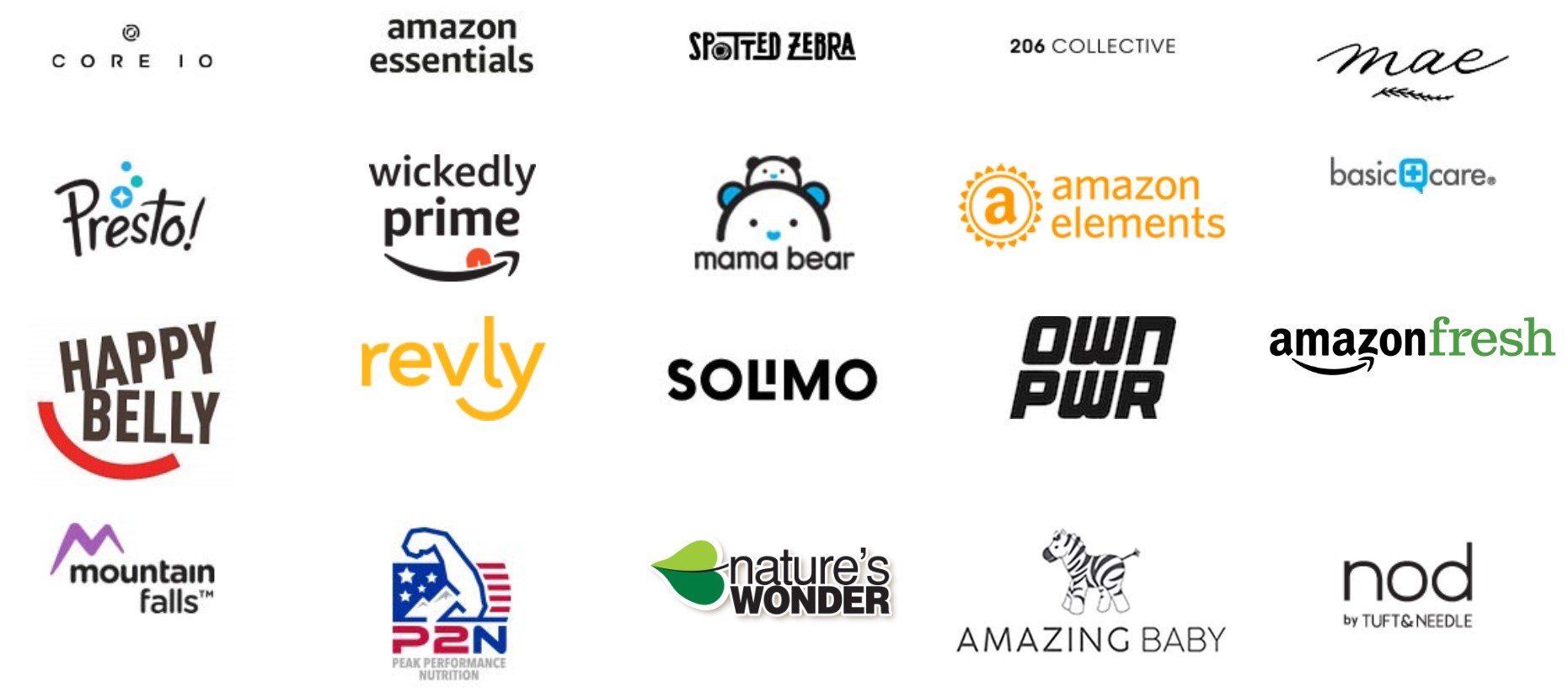

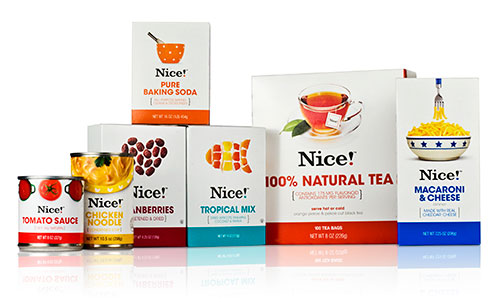
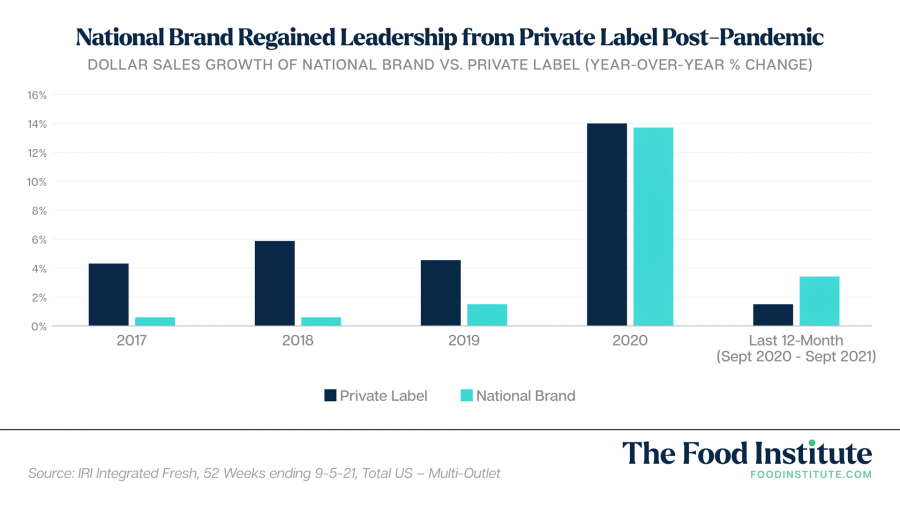
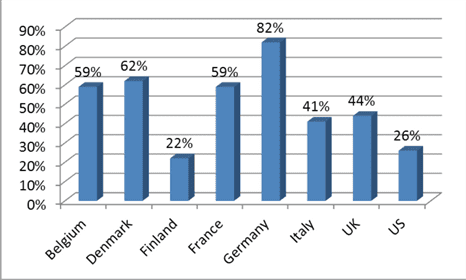







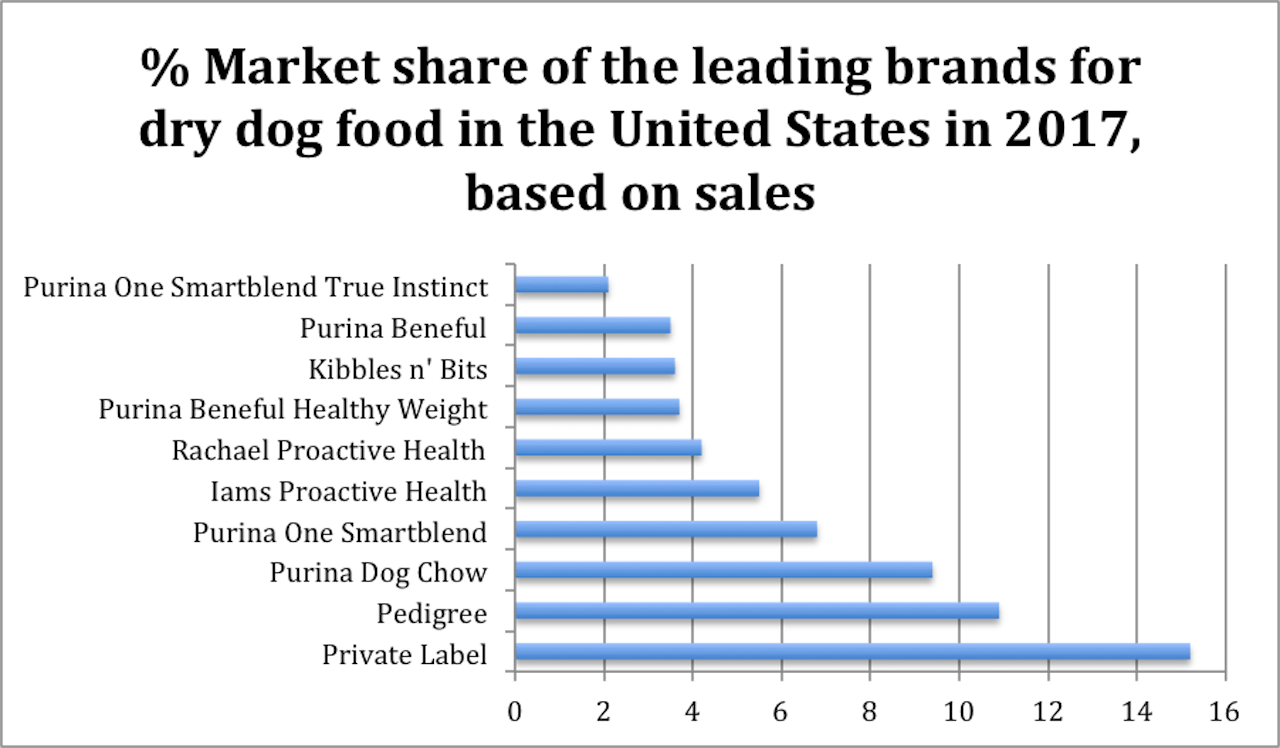

Post a Comment for "38 private labels vs brands"